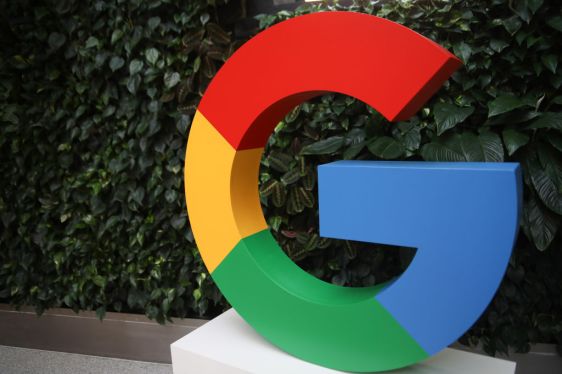A federal judge has tentatively ordered changes to Google’s business practices to prevent further anticompetitive behavior. The ruling means Google will not be forced to break up its search business, but it must adopt new operational guidelines.
Judge Amit P. Mehta outlined remedies that will bar Google from entering or maintaining exclusive deals tying the distribution of its Search, Chrome, Google Assistant, or Gemini to other apps or revenue arrangements. For example, the company can no longer condition Play Store licensing on the distribution of certain apps or tie revenue-share payments to keeping specific apps.
Google will also be required to share certain search index and user-interaction data with qualified competitors to prevent exclusionary behavior. Additionally, it must offer search and search ad syndication services to competitors at standard rates so they can deliver quality results while building their own technology.
Judge Mehta has not yet issued a final judgment. He ordered Google and the Department of Justice to meet and submit a revised final judgment by September 10 that aligns with his opinion.
These behavioral remedies follow a ruling from last year in which Judge Mehta found that Google acted illegally to maintain a monopoly in online search. A technical committee will be established to help enforce the final judgment, which will last for six years and go into effect 60 days after it is entered.
The Department of Justice, which filed its antitrust suit against Google in 2020, had advocated for stronger penalties. It sought to force Google to divest its Chrome browser and possibly Android, which even resulted in some unsolicited acquisition bids. The DOJ also wanted to end Google’s agreements with Apple, Samsung, and other partners where the tech giant paid billions to make its search engine the default choice on devices and web browsers.
The DOJ further called on Judge Mehta to force Google to share its search index, user-side data, synthetic queries, and ads data with competitors under privacy-protected terms.
Google, which has maintained roughly a 90% market share over the traditional search market for the last decade, has argued that the government’s proposals would stifle innovation, jeopardize user privacy, and undercut the company’s ability to invest in research and development. CEO Sundar Pichai stated during the remedies hearing in April that forced data-sharing would act as a de facto divestiture for Google Search.
Judge Mehta’s decision may also affect the outcome of a separate antitrust trial Google is facing regarding its advertising technology business. In April 2025, Judge Leonie Brinkema found that Google illegally monopolized ad-tech markets. The remedies trial for that case is scheduled for late September and will focus on the DOJ’s proposed divestitures and other measures.
Legal experts note the uniqueness of the situation. We have never had a circumstance in which the Department of Justice has had two largely parallel cases involving major elements of alleged misconduct against the same dominant firm with two parallel remedy processes moving ahead. It is also noted that although Judge Mehta has released his much-anticipated remedies, the process is far from over. Google is expected to appeal, and the case could potentially escalate to the Supreme Court, meaning a final resolution may not occur until late 2027 or early 2028.
This story is developing.

